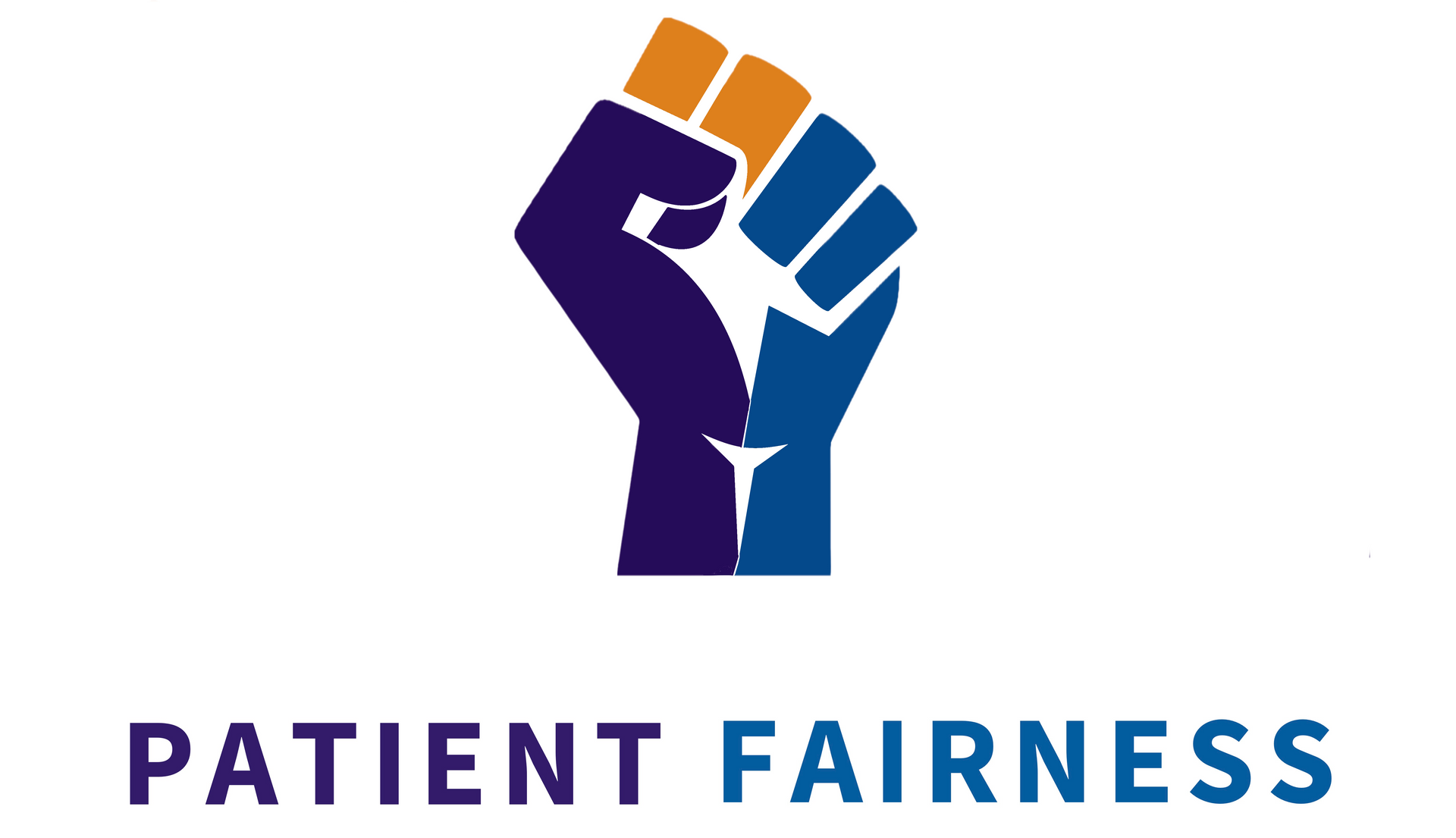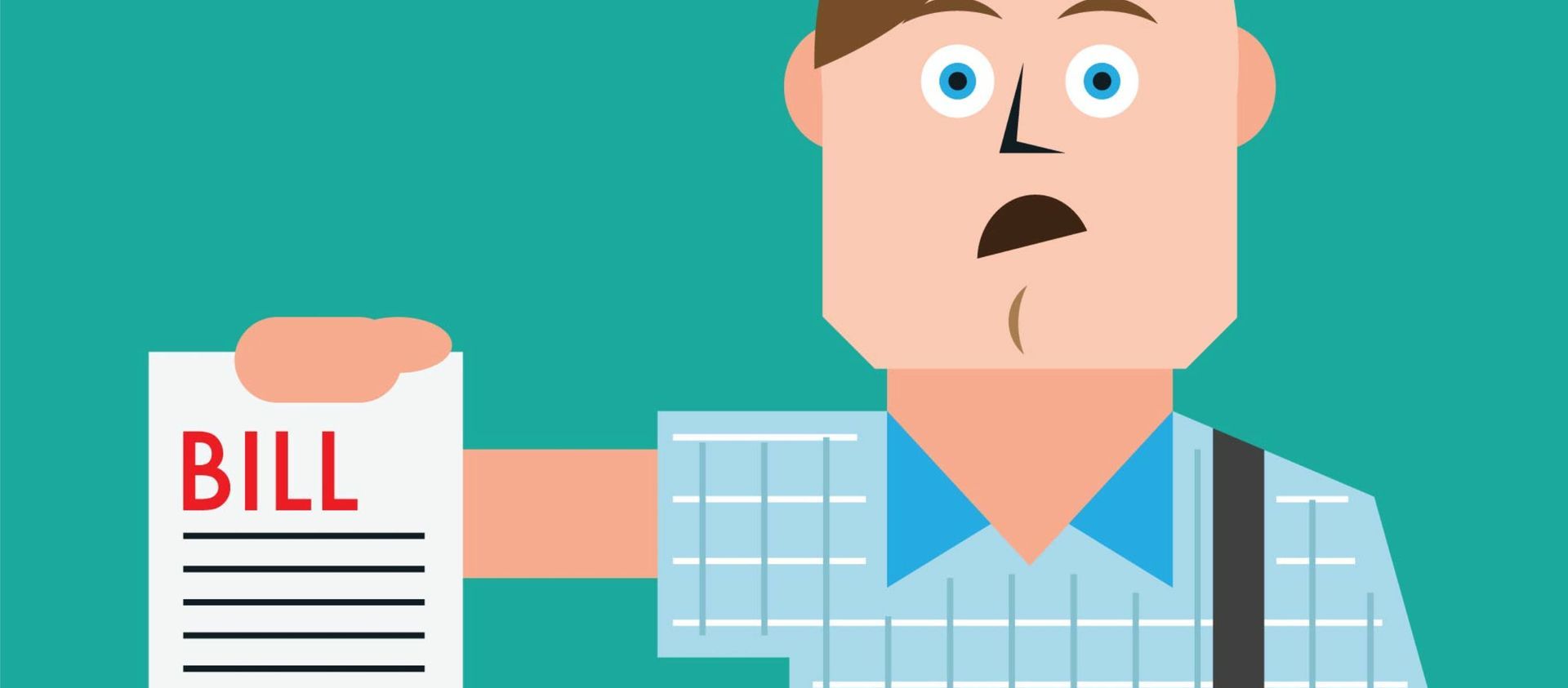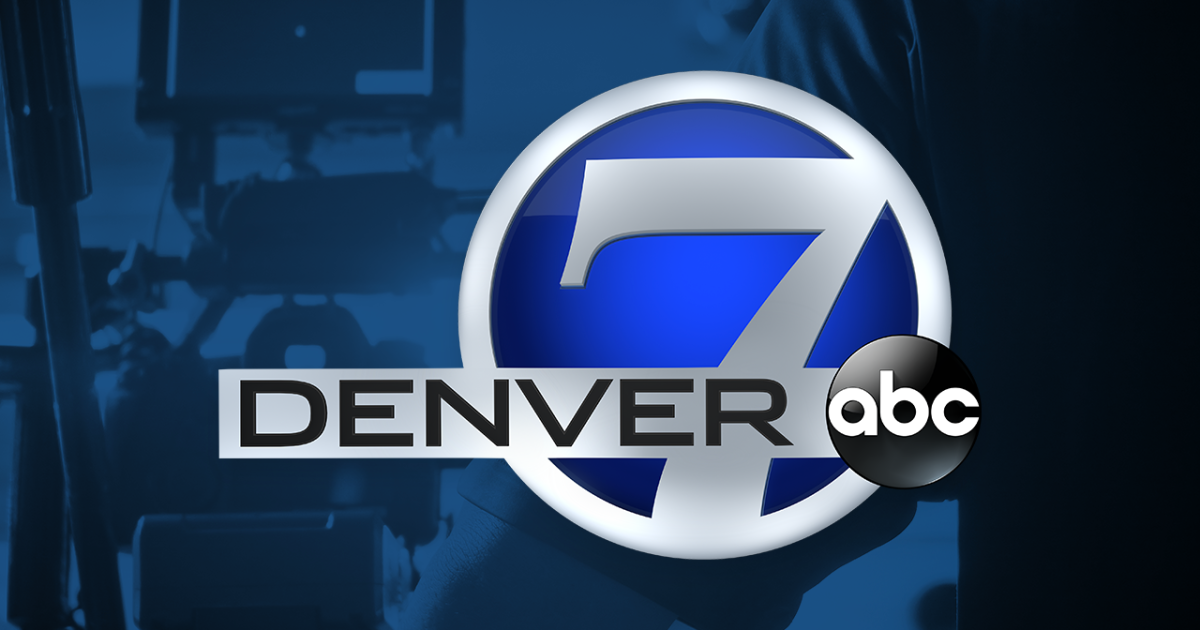California Medical Bill Dispute Guide: Patient Protections and Rights
Medical bills are confusing and costly for millions of patients, and in California, new protections are making it easier to fight back against unfair charges. Whether you’re insured, uninsured, or facing collections, the law gives you powerful tools to protect yourself.
Patient Fairness helps you use these tools the right way. If you're facing a medical bill that feels wrong, understanding California's state-specific regulations is a critical first step toward fighting it and winning.
Medical Debt and Billing Time Limits in California
California patients benefit from strong protections when it comes to medical billing and debt collection timelines.
- Medical Debt Statute of Limitations: Medical providers must bring legal action to collect a medical debt within
12 months. After this period, the debt becomes unenforceable.
- Billing Deadlines: While California law does not set a specific time limit by which providers must initially bill patients, collection efforts are subject to strict requirements (explained below).
Important: Starting January 1, 2025, California law prohibits medical debt from being reported to credit agencies or used in credit scoring decisions. If a provider knowingly furnishes information about your medical debt to a credit reporting agency after this date, the debt becomes void and unenforceable.
Patient Fairness closely tracks these timelines when helping you dispute medical bills in California.
Surprise Billing Protections in California: Beyond the No Surprises Act
California has additional protections for patients facing unexpected medical bills, especially for ground ambulance services.
Ground Ambulance - Insured Patients
Under California Health and Safety Code § 1371.56, non-participating ground ambulance providers cannot send insured patients to collections for more than the in-network cost-sharing amount (copay, deductible, coinsurance). Insured patients owe no more than what they would have paid for an in-network ambulance.
Ground Ambulance - Uninsured Patients
If you are uninsured or self-pay, California Health and Safety Code § 1797.233 limits a ground ambulance provider’s charges. They may not bill you more than the established Medicare or Medi-Cal fee-for-service amount—whichever is higher.
Patient Fairness evaluates whether ambulance bills violate these protections and guide you on how to challenge them effectively.
Debt Collection Protections for California Patients
Hospitals in California must follow strict steps before assigning your medical debt to collections or selling it to a third party:
- Notice Before Collections: Before referring a bill to collections, the hospital must send you written notice that includes:
- Date(s) of service
- Name of the debt buyer or collection agency
- How to request an itemized bill
- Your recorded health coverage plan type or a statement that no insurance was recorded
- A charity care and financial assistance application
- Details about when you were previously notified about financial assistance
(References: California Civil Code § 1788.52 and Health and Safety Code § 127425)
- Debt Buyer Restrictions: If the hospital sells your debt, the third party cannot charge you interest or fees on top of the debt amount.
Patient Fairness helps you keep track of your dispute records, which protects your rights if you end up facing a collections notice.
Financial Protections for Qualifying Patients
California offers extra financial protections for specific groups of patients under California Health and Safety Code §§ 127400–127446.
You qualify if you meet both criteria:
- You are either uninsured or have high medical costs (defined below).
- Your annual household income is at or below 400% of the federal poverty level.
Definition of High Medical Costs:
- Out-of-pocket costs at a hospital exceeding 10% of your family’s annual income
- Or total annual medical expenses exceeding 10% of your family’s income
If you meet these qualifications, here’s how you’re protected:
Price Limits
Hospitals cannot charge you more than the greater of:
- What they would receive from Medicare or
- What they would receive from Medi-Cal.
This applies not only to hospital bills but also to charges from physicians employed by or contracted with the hospital for emergency services.
Payment Plans
Hospitals must offer extended payment plans, negotiated based on:
- Your family income
- Your essential living expenses
Payment terms must be reasonable and flexible to avoid financial hardship.
Patient Fairness ensures these income protections are considered when helping you dispute hospital bills or negotiate settlements.
Resources for California Patients
If you believe your rights have been violated or want to file a complaint, you can contact:
- California Department of Financial Protection and Innovation
- Federal Consumer Financial Protection Bureau (CFPB)
Patient Fairness also maintains your complete dispute records for easy reference in case regulatory assistance is needed.
Take Control of Your Medical Bills Today
California offers some of the strongest protections for patients dealing with unfair or inflated medical bills but you have to use them.
Patient Fairness gives you the tools to challenge medical bills smartly, confidently, and affordably. From our free Problem Medical Bill Assessment to our custom-built Letters of Dispute and Medicare-based price comparisons, we empower you to represent yourself successfully without paying high attorney or advocate fees.
Don’t pay more than you should. Don’t let confusing hospital processes leave you vulnerable.











